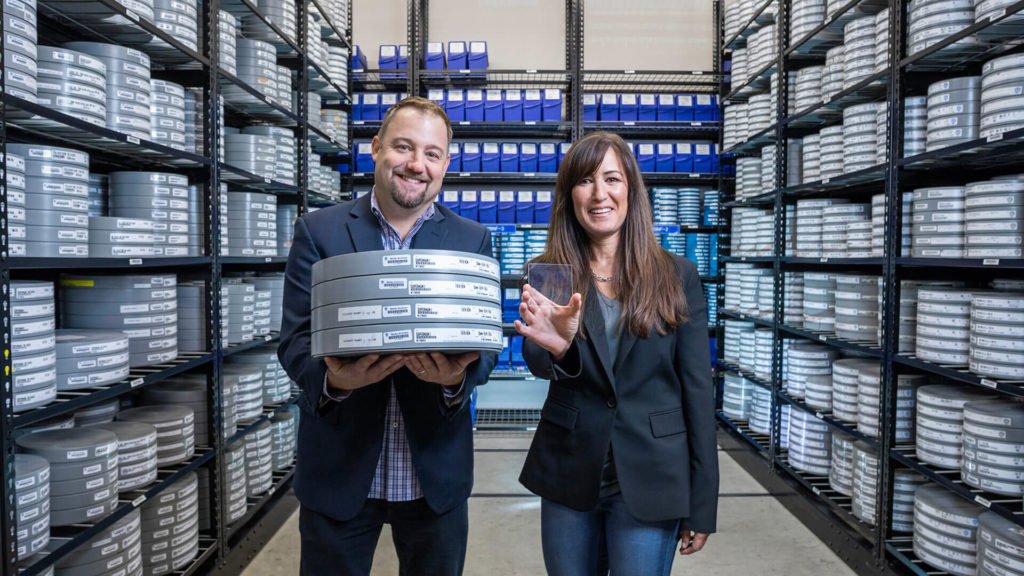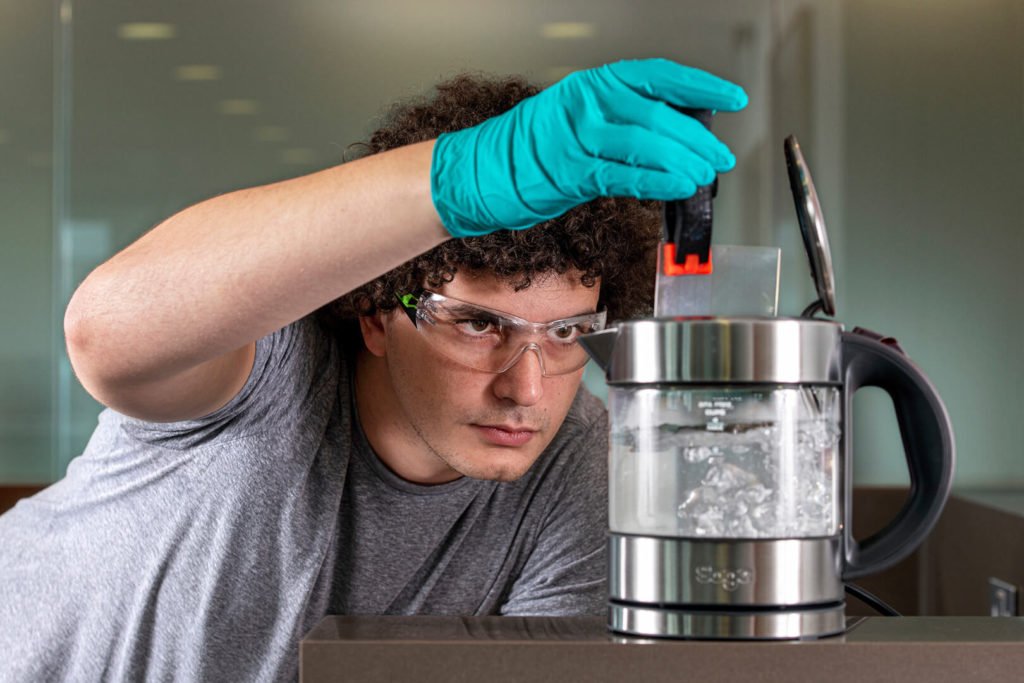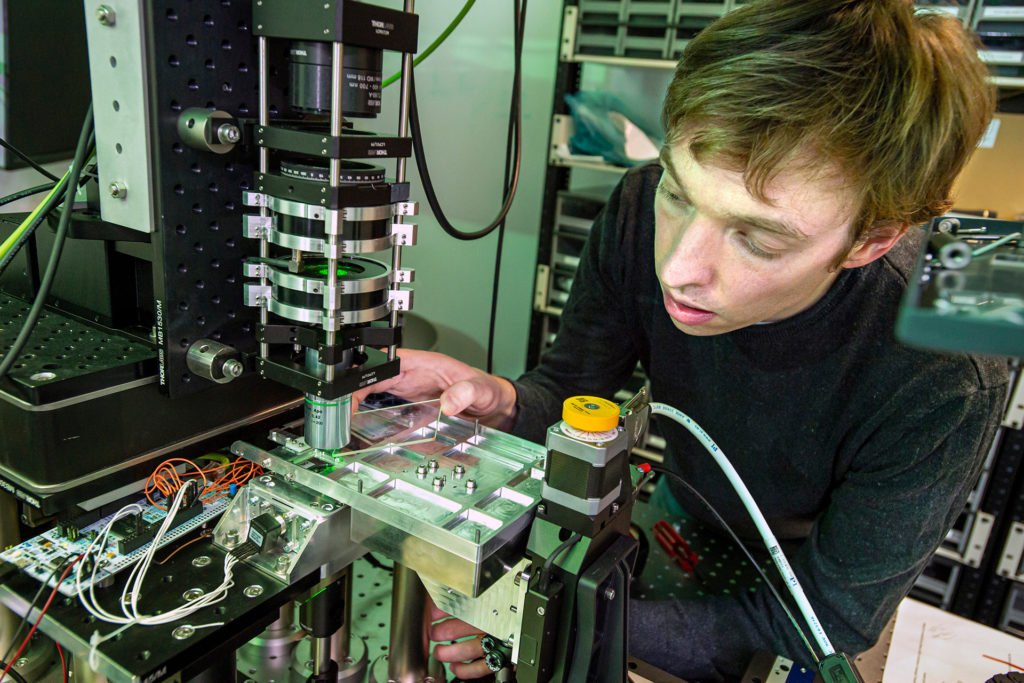The future of data-hoarding is made of glass!
Data storage and archiving technologies are areas of particular interest for companies like Warner Bros., where a significant chunk of the world’s entertainment media is produced and archived. To help with preserving this film and television content, Warner Bros. and Microsoft collaborated to give a first proof of concept test for Project Silica, a Microsoft Research project that uses laser optics and AI to store data in quartz glass.
A piece of silica glass measuring 7.5 cm x 7.5 cm x 2 mm was able to hold the entire Superman (1978) movie in the shape of three-dimensional nanoscale gratings and deformations as part of Project Silica led by Microsoft Research, resulting in 75.6 GB of data inside the durable quartz glass that’s no bigger than a drink coaster.
Redmond’s research arm worked with Warner Bros. to store data by encoding it with laser and then used machine learning algorithms to decode images and patterns created by polarizing light as it shone through the glass.
“Storing the whole ‘Superman’ movie in glass and being able to read it out successfully is a major milestone,” said Mark Russinovich, Azure’s CTO. For Microsoft, the project focuses on developing long-term storage technologies for the cloud to meet exponential growing needs and shifting away from traditional magnetic media in favor of more durable silica glass.

Project Silica’s application of turning digital data into physical artifacts is what piqued the interest of Warner Bros., which currently uses reels of film in temperature and humidity-controlled cold storage vaults to preserve its iconic and vast library of movies and TV shows. It also has its own digital archives that are subject to content migration every three years to avoid any degradation issues.
The company had been in search of a long-term storage solution for archiving its assets, one that offers to store “cold” data — archival data that may have tremendous value or that companies are required to maintain — but that doesn’t need to be frequently accessed.
“That had always been our beacon of hope for what we believed would be possible one day, so when we learned that Microsoft had developed this glass-based technology, we wanted to prove it out,” said Warner Bros. CTO Vicky Colf.

Unlike the company’s current storage methods that require continuous maintenance and monitoring due to their fragility, the glass quartz used in Project Silica proved to be quite durable after it was baked, boiled, microwaved, flooded, demagnetized and scourged with steel wool, but reported no loss of data.
Its deployment in large-scale data centers could potentially lower the environmental footprint of such facilities as they won’t need energy-intensive air conditioning or other systems to maintain air quality.
“We are not trying to build things that you put in your house or play movies from. We are building storage that operates at the cloud scale,” said Ant Rowstron, partner deputy lab director of Microsoft Research Cambridge in the UK, which worked with the University of Southampton on Project Silica.

Using silica glass instead of film reels for archiving is also said to bring qualitative improvements to data. “When we shoot something digitally — with zeros and ones representing the pixels on the screen — and print that to an analog medium called film, you destroy the original pixel values. And, sure, it looks pretty good, but it’s not reversible,” said Brad Collar, SVP of global archives and media engineering at Warner Bros.
He said that using a medium like silica glass enables data to be read back exactly like when it came out of the camera, preserving original pixels in the best possible manner. Combine it with the high costs of creating archival film negatives for all digitally shot TV content, Project Silica could potentially become a cheaper, higher-quality replacement for creating physical archives.


